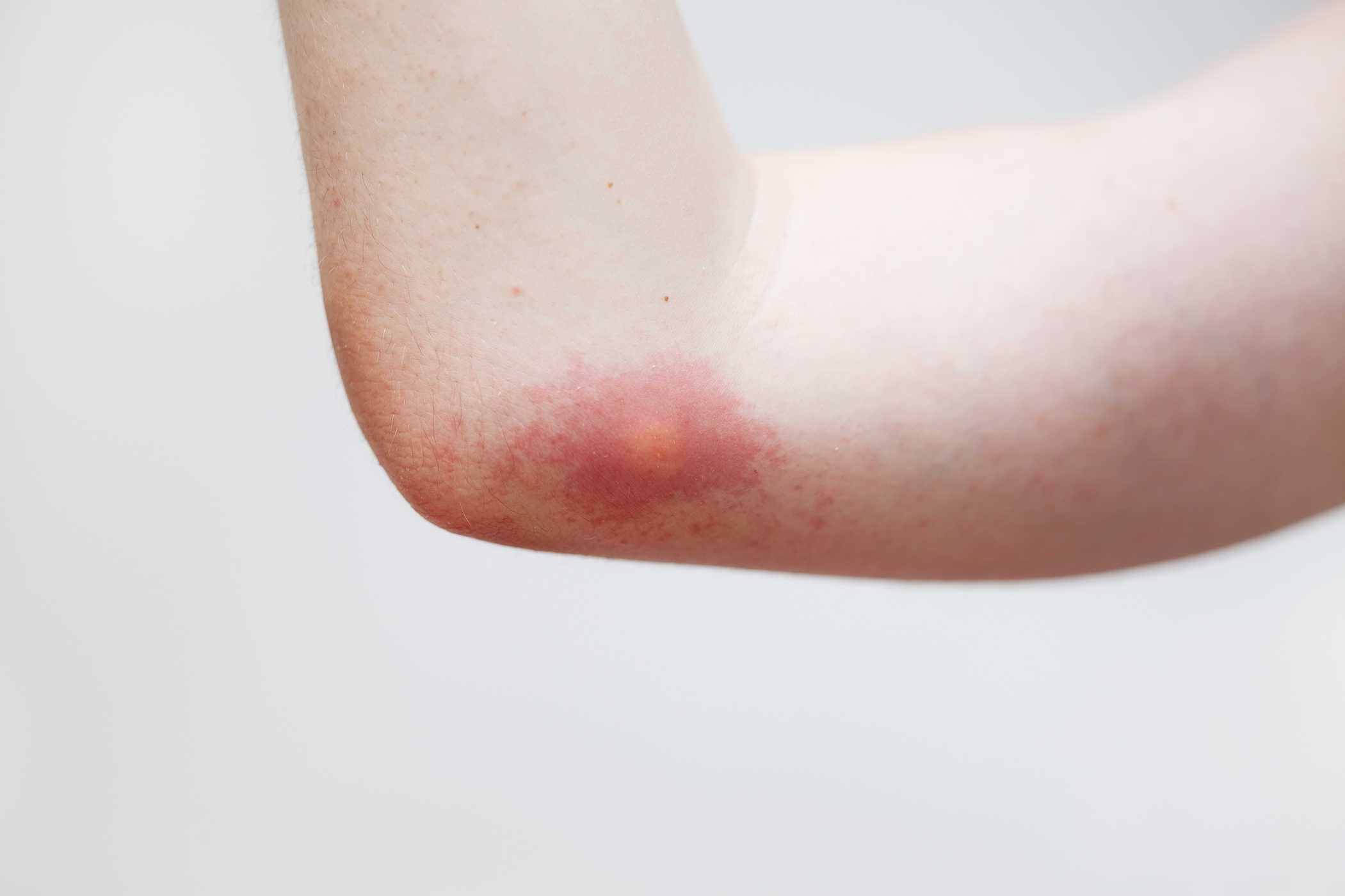Contents:
- Medical Video: Lynch Syndrome - Mayo Clinic
- How does cancer occur and is genetically inherited?
- How to find out if your family is of cancerous descent
- Types of cancer that can be inherited in a family
Medical Video: Lynch Syndrome - Mayo Clinic
At present, cancer is a common disease. This can be because the risk of cancer can be reduced in a family through a genetic or genetic pattern. In addition, members of a family can also have the same lifestyle risk factors such as diet, activity patterns, smoking behavior, and obesity tendencies. So, no wonder if in a family there are at least one or two members who have experienced cancer. How do you know if your family has cancerous offspring?
How does cancer occur and is genetically inherited?
Cancer that occurs in a family can be caused by the presence of abnormal gene conditions that are passed down from generation to generation. Even so, only 5-10% of the total cancer cases are caused by abnormal genes that have mutated and lowered in a pattern of cancerous descent, the remaining chance of developing cancer is still influenced by cancer risk factors experienced by a person.
The gene itself is a collection of DNA that regulates how cells and the body as a whole to grow and develop. When abnormalities or mutations occur in genes or specifically DNA, cells can develop out of control and cause cancer.
The process of mutation can occur in a person through two main mechanisms, namely:
- Inherited gene mutations - is a mutation that already exists in the process of cell fertilization, when one egg or sperm cell has the characteristics of an abnormal gene in the formation of a new individual. The fertilization process will produce one new cell that differentiates into a baby. Because all cells are from the same first cell, mutations occur in each cell and the characteristics of these cell mutations can also be passed on to the next generation.
- Gene mutations obtained (somatic) - is a mutation that does not originate from the egg cell or the sperm cells of the parents but mutations occur in the future. Gene mutations occur in a cell and then spread to several other cells. This type of mutation is the main cause of cancer but this characteristic is not passed on to the next generation.
Many family cancer syndromes occur when inherited mutations also occur in tumor suppressor genes (tumor suppressor gene), where the gene can slow the growth of abnormal cells until one day the gene stops working or there is an error in the division process, DNA repair or cell death.
Someone born with a mutated gene can live a normal life or not have cancer, it's just that they are more susceptible to cancer if they have a risk factor for cancer. That is why in someone who has relatives or close relatives who have had cancer then there is a possibility that he is at high risk for cancer.
How to find out if your family is of cancerous descent
Lowered gene mutations can cause a person more at risk of developing cancer, but there is also the chance of this interaction with exposure to cancer risk factors. Moreover, if a family has the same risk factors as exposure to cigarette smoke. For example, a person with a mutated gene that is inherited has pulmonary characteristics which makes it more difficult to remove toxins from cigarette smoke. So he and family members who have mutations in these genes will be more at risk of developing cancer.
There are several things that can show if your family has cancer syndrome, including:
- Many cases of cancer are the same in the family
- Cancer occurs at a relatively young age, or ranges from the 20s to under age
- Cancer occurs in both parts of the paired organs, such as the eyes, breasts, and kidneys
- More than one type of cancer occurs in one family member
- The occurrence of childhood cancer in family members, such as bone cancer in male and female siblings at the age of children
- Cancer that occurs in the sex that is unusual, such as breast cancer in men
- Cancer occurs in every generation
Note also the characteristics of the spread of cancer in the family of cancer descendants, family cancer syndrome caused by inherited gene mutations that have characteristics such as:
- Occurs in close family members (the closer the blood relationship is, the greater the risk of family cancer that you may experience).
- Cancer occurs on one side of the family between the family side of the mother or father, for example two cases of cancer occur in the family of the mother will be more at risk than if one case of cancer occurs on each side of the family of the mother or father.
- The same cancer case occurs in several family members
Types of cancer that can be inherited in a family
Here are some types of cancer that are more likely to be inherited in a family:
- Bowel cancer
- Breast cancer
- Kidney cancer
- Skin cancer (melanoma)
- Ovarian cancer
- Pancreatic cancer
- Prostate cancer
- Eye cancer (retinoblastoma)
- Cancer of the thyroid gland
- Cervical cancer
If you find a number of cancer cases with the characteristics of the spread of cancer as described earlier, immediately take precautions with the adoption of a healthy lifestyle, and consult yourself with a doctor for consultation and genetic testing to determine the risk of cancer that you have.












